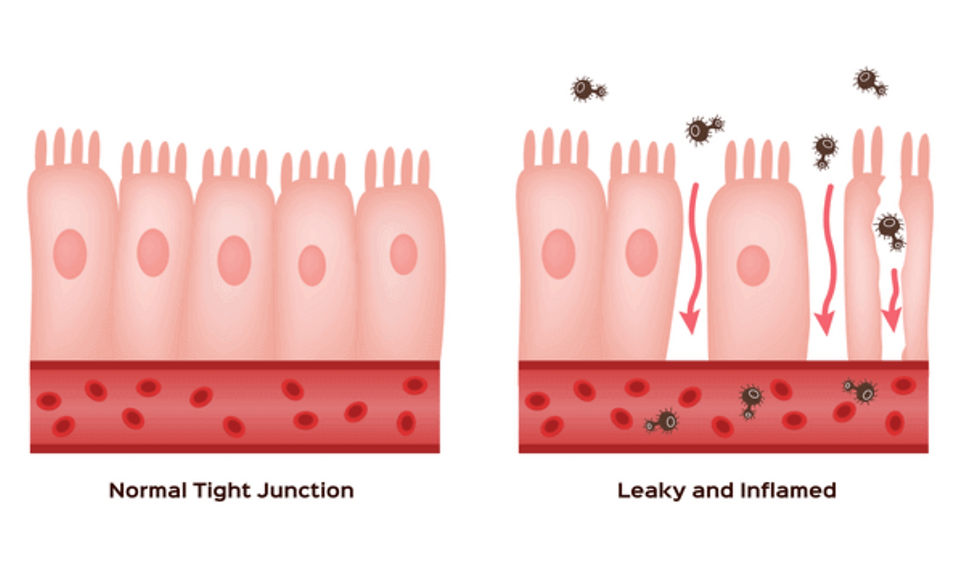Is your digestion working properly?
- Elizabeth Todd
- Sep 19, 2022
- 3 min read
Are you eating a nutritionally sound diet, yet not seeing any of the results you desire? You may not be digesting your food properly.
If you are unable to properly break down, absorb, and move the nutrients from your food into your cells, it doesn’t really matter what you eat- or what supplements you take. You will just have really expensive pee. We want to be sure that we are giving our body what it needs in the best way possible for proper function.

Starting with the actual mechanical and chemical breakdown of food, you can support your digestion with minimal effort and change. Taking a few deep belly breaths engages the vagus nerve and supports parasympathetic function. When we are stressed or in a hurry, we are operating in our sympathetic nervous system, but the parasympathetic system is what manages digestion. If you are stressed when you eat, digestion is already compromised from the start.
Next, you want to be sure to support stomach function by encouraging the release of stomach acid and enzymes. Drinking warm lemon water first thing in the morning gently wakes up your digestive system, and adding lemon or ACV water prior to a meal helps promote acid and enzyme production. If you are eating diet that is high in plants and low in protein, your acid production is already compromised, so consider adding more animal protein in. Since meat requires more acid to be broken down, it actually promotes the production of acid in response to it entering yoru stomach. If you have given up meat because of how you feel when you eat it, you are probably low in stomach acid. This acid is what chemically breaks down food particles into smaller particles and also disinfects the food from pathogens. If we are low in stomach acid, we risk having those pathogens pass through our stomach into our intestines, where they can wreak havoc and destroy the good bacteria in our gut. If food particles are too large when they pass through to the intestines, they can damage the absorptive gut lining, causing food sensitivities. If we are low in stomach acid, the pH of the contents of our stomach will be higher. A low pH (or highly acidic) stomach is the trigger for the pyloric sphincter to open, releasing food into the duodenum of our small intestine, where more break down takes place. If this isn’t triggered by a lowered pH, the food will sit and ferment and cause gas and bloating. Eventually, the sphincter does open and empties the food, but it makes the digestion process slow way down and causes much discomfort.

Once food enters the duodenum, it is called chyme. Here your pancreas releases enzymes to help break down the nutrients into smaller particles for absorption, and where the bile is released from the gall bladder for fat breakdown. (If you do not have a gall bladder, the bile continually drips here, casing inflammation and problems with fat digestion.) Once occurs, the nutrients move through the small intestine where they are absorbed by millions of villi and microvilli. If the food particles have not been broken down fully because you did not release enough enzymes or bile, these larger particles damage the gut lining causing leaky gut, which is how we develop food sensitivities. This is why food sensitivities are not a root cause of our issues- we must always address healing the problem that created them while we eliminate them. Making sure our gut lining is working properly helps us absorb these nutrients into the bloodstream.

In order to get the nutrients into our actual cells however, we need to make sure that we have provided our cells with all the functional tools they need to bring them in. Increasing healthy fats in your diet helps maintain your cell membranes, increasing water and minerals, such as electrolytes, help shuttle the nutrients into your cells to make energy. These minerals also help shuttle water products out of your cells.
Once the nutrients have been primarily absorbed in the small intestine, the remnants pass on to the large intestine. This is where the majority of our gut microbiome is housed, and they feed off the remnant and create certain by-products needed for our health and brain function. For example, certain bacteria in the gut feed off the remnants and create butyrate, which is a precursor to serotonin. Additionally, the bile, which also carries toxins from your liver, deposits those toxins for elimination. After the microbiome has been fed and toxins released, the remaining material is excreted. This particular aspect of digestion is crucial and is why symptoms like diarrhea and constipation are so important. Your poop tells us so much about the process of digestion!




Comments